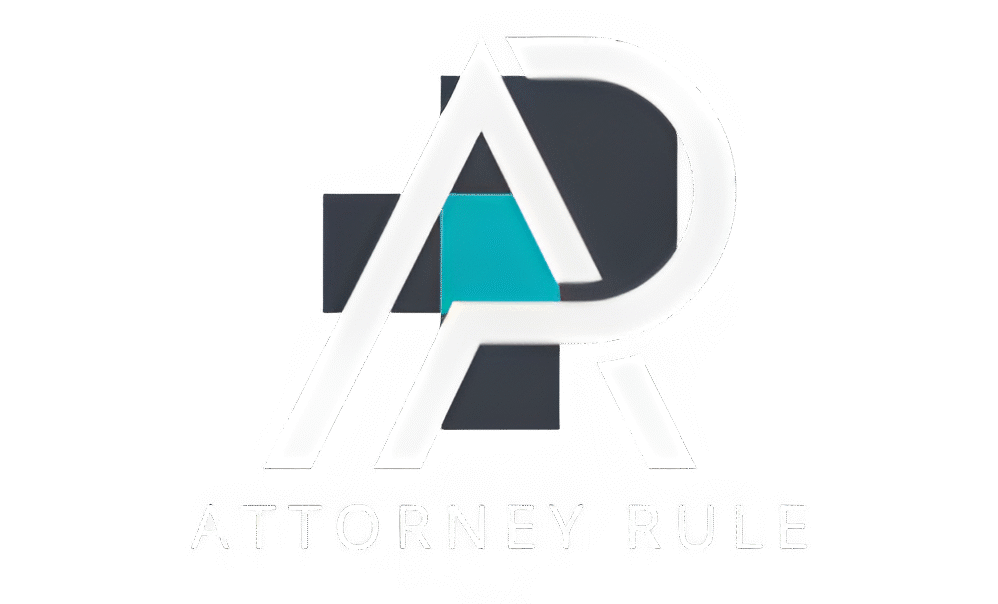A CarGuard lawsuit refers to a proposed class‐action (or multiple lawsuits) filed against CarGuard Administration, Inc. and its marketing partners. The core allegation: the defendants made unwanted robocalls to consumers to sell vehicle service contracts (extended auto warranties), in violation of the U.S. Telephone Consumer Protection Act (TCPA). According to the complaints, CarGuard (or its agents) used an automatic telephone dialing system (ATDS) to place calls — including to consumers listed on the National Do Not Call Registry — without first obtaining prior express consent.
In simpler terms: people claim they received automated or prerecorded unsolicited sales calls from CarGuard about vehicle warranties, even though they never agreed to be called. The lawsuits assert that such calls break federal law under the TCPA.
The Legal Basis: TCPA and Do-Not-Call Violations
To understand the CarGuard case, it’s helpful to know some basics of the TCPA (Telephone Consumer Protection Act of 1991) and related rules:
-
Under the TCPA and FCC implementing regulations, making a telemarketing call using an automatic dialing system or prerecorded voice to a cell phone or residential line requires prior express consent from the recipient.
-
Calls to numbers listed on the National Do Not Call Registry are prohibited for telemarketers, unless an exception applies.
-
Violations can lead to statutory damages: typically $500 per violation, and if willful or knowing, up to $1,500 per violation.
-
The TCPA also allows class actions, meaning many individuals with similar claims can band together in a single suit.
Because the CarGuard lawsuits center on robocalls and unsolicited outreach, they fall squarely within the ambit of TCPA enforcement. The plaintiffs seek damages, injunctive relief (preventing further calls), and sometimes attorneys’ fees.
Key Cases & Developments
Workman v. CarGuard Administration
One of the more prominent cases is Workman v. CarGuard Admin. In that case, the plaintiff claimed she had never given express consent to receive auto warranty robocalls. The complaint contends CarGuard (and its agents) knowingly placed calls using an ATDS, and ignored do-not-call rules.
This case is representative of the legal strategy: tie the alleged robocalls to CarGuard’s sales of vehicle service contracts, argue lack of consent, and claim statutory damages under the TCPA.
Tentative Settlements in Warranty Robocall Cases
Some of the CarGuard‐related litigation has proceeded toward tentative settlement agreements. For example, plaintiffs Joseph Barrett and Matthew Silverman reportedly reached a provisional settlement with CarGuard Administration and Vehicle Protection Specialists concerning widespread warranty robocalls.
Such settlement drafts often include mechanisms for class members to file claims, timelines, and funds set aside to compensate consumers. But these are tentative, meaning they may still be modified, objected to, or rejected by the court.
Dismissals & Legal Pushback
In at least one instance, a TCPA class action against CarGuard was thrown out (dismissed) — the defendant (or its counsel) successfully moved to dismiss the class-action claims in that particular court.
Legal defenses often argue that:
-
The plaintiff lacks standing or cannot prove use of an ATDS as defined by law.
-
Consent was given (or implied) for the calls.
-
The defendant did not control or direct the telemarketers making the calls (i.e., acting through independent agents).
-
The calls were informational rather than promotional (which might alter the TCPA analysis).
In short, both sides (plaintiffs and defendants) have significant legal argument and precedent to draw from, making the outcome uncertain in many jurisdictions.
What CarGuard Allegedly Did (Per Complaints)
Based on public complaints and filings, here is how the alleged scheme is said to have operated:
-
Outreach via Robocall / Prerecorded Message
The initial call often is an automated voice prompt (pre-recorded) offering “a free warranty check,” “peace of mind coverage,” or similar. -
Call Transfer to Live Agent
If the recipient shows interest, the call is transferred to a live sales agent who pitches the warranty contract (i.e., the vehicle service contract) for purchase. -
Spoofed Numbers / Local Presences
Some suits claim the caller ID is “spoofed” to appear local or familiar, thereby increasing pick-up rates. -
High Call Volume to Do Not Call Registrants
The complaints often allege the calls were made even to those on the National Do Not Call Registry and that CarGuard and its marketing arms ignored or failed to honor do-not-call requests. -
Profit from Contracts Generated
The plaintiffs contend that CarGuard accepted the business generated by these calls, profited from contract sales, and thus must bear liability for the calls that led to the sales.
These factual claims are subject to legal dispute — defendants often deny or contest that they authorized or controlled such activity.
What’s at Stake: Remedies, Damages, and Outcomes
For plaintiffs in a successful CarGuard class action, potential outcomes include:
-
Statutory damages: $500 per illegal call, possibly tripled to $1,500 for willful violations.
-
Injunctive relief: Court orders prohibiting future unlawful robocalls.
-
Refund or cancellation of sold contracts (in some complaints, plaintiffs ask for rescission or refunds for the underlying vehicle service contracts sold following the calls).
-
Attorneys’ fees and costs: If plaintiffs prevail, their lawyers may recover fees under TCPA provisions or related statutes.
For the defense (CarGuard and its affiliates), risks include:
-
Substantial liability if class membership is large and calls numerous.
-
Reputational harm, especially since CarGuard operates in consumer finance/insurance adjacent space.
-
Legal costs even if they ultimately prevail.
However, defenses have real leverage — especially in challenging critical elements like:
-
Whether the calling methodology qualifies as an ATDS under the law (especially after Supreme Court decisions narrowing that definition).
-
Whether consent was given or revoked.
-
Whether calls were promotional or informational.
-
Whether the defendant controlled the telemarketing agents.
What Consumers Should Know if They Receive Such Calls
If you suspect you’ve been targeted by unwanted robocalls from CarGuard or similar entities, here are key steps and tips:
-
Do not interact or press “1” or confirm — engaging can sometimes signal willingness for more calls.
-
Record the call details — date, time, number, content of message, and whether it was prerecorded.
-
Check if your number is on the National Do Not Call Registry — if so, that strengthens your legal position under the TCPA.
-
File a complaint with the FCC or Federal Trade Commission (FTC) — this helps enforcement agencies track patterns.
-
Consult a TCPA attorney or join a class action — class actions often allow consumers to pursue claims at little personal cost.
-
Opt out / revoke consent in writing if you ever consented. Document that revocation.
Even if a particular case is dismissed, ongoing legislation and case law around robocalls and telemarketing remain dynamic. The enforcement environment is increasingly hostile to unsolicited robocalls.
Challenges & Legal Uncertainties
The CarGuard litigation faces several legal headwinds and unsettled areas:
-
Definition of ATDS: In recent years, courts and the Supreme Court have constrained what counts as an “automatic telephone dialing system,” making it harder for plaintiffs to establish that a call was made by such a system.
-
Standing and proof: Some courts demand proof that a given defendant made the call to the plaintiff (not just that the system made calls generally).
-
Consent and revocation: Proving lack of consent — or revocation of consent — can be tricky.
-
Causation and control: Establishing that CarGuard “controlled” the dialing operations (or is liable for affiliates) can be hotly contested.
-
Class certification: To proceed as a class action, plaintiffs must convince courts that the claims of many individuals are sufficiently similar in fact and law.
Because of these uncertainties, CarGuard cases may settle, be partially dismissed, or be remanded on appeal — and outcomes can vary by circuit.
Conclusion
The CarGuard lawsuit is a textbook example of how modern consumer protection laws intersect with aggressive telemarketing practices. At its heart, it pits consumer rights under the TCPA against the sophisticated marketing apparatus of companies seeking to sell auto warranties via unsolicited calls.
For consumers, it underscores the importance of protecting one’s privacy, understanding rights under telemarketing law, and documenting any unwanted calls. For companies, it’s a warning: ignoring consent rules and do-not-call registries can lead to serious liability, including class-action exposure.
Whether or not a given CarGuard case succeeds in full, its broader impact is clear: the era of mass automated robocalls is increasingly vulnerable. Courts, regulators, and consumers are pushing back strongly — and as these cases play out, they are helping to define the boundaries of permissible telemarketing in a digital, privacy-conscious age.

